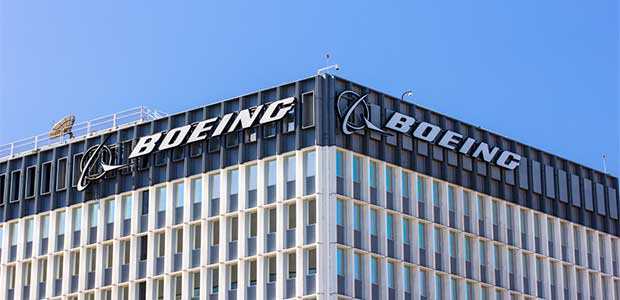
Boeing Builds First Ever MQ-25 for the U.S. Navy
An $805 million contract allowed Boeing to design the Navy’s first operational carrier-based unmanned aircraft. Now, it’s built and ready.
On September 19, 2019, Boeing and the U.S. Navy announced the completion of the Navy’s first drone: an operational carrier-based unmanned aircraft called a MQ-25. Boeing completed testing for the aircraft this week, and they two parties are excited to see how this aircraft can improve safety, reduce costs, and provide much-needed refueling capabilities and an extension of the range of the carrier wing for combat strike fighters.
On August 30, 2018, the U.S. Navy awarded Boeing an $805 million contract to build the MQ-25. An unmanned, autonomous aircraft, the MQ-25 is designed to provide the U.S. Navy with refueling capability and better use of combat strike fighters by extending the range of deployed Boeing F/A-18 Super Hornet, Boeing EA-18G Growler, and Lockheed Martin F-35C aircraft.
After Boeing built a test asset, testing proved successful. The aircraft completed an autonomous taxi and takeoff and then flew a pre-determined route to validate the aircraft’s basic flight functions and operations with the ground control station.
The Boeing-owned test asset is a predecessor to the engineering development model (EDM) aircraft. Boeing will make four EDM MQ-25 air vehicles for the U.S. Navy under the contract awarded in August of last year.
“Seeing MQ-25 in the sky is a testament to our Boeing and Navy team working the technology, systems and processes that are helping get MQ-25 to the carrier,” said Boeing MQ-25 Program Director Dave Bujold. “This aircraft and its flight test program ensures we’re delivering the MQ-25 to the carrier fleet with the safety, reliability and capability the U.S. Navy needs to conduct its vital mission.”
Boeing and the U.S. Navy have been working together for nearly 90 years. The technology needed to build the aircraft involved an integration of operations with existing systems. Boeing says it applied its generational experience and expertise to the MQ-25 aircraft.
In reference to the completed tests on September 19, the Navy’s Unmanned Carrier Aviation (PMA-268) Program Manager Capt. Chad Reed said, “Today’s flight is an exciting and significant milestone for our program and the Navy. The flight of this test asset two years before our first MQ-25 arrives represents the first big step in a series of early learning opportunities that are helping us progress toward delivery of a game-changing capability for the carrier air wing and strike group commanders.”